Help people make better decisions.
Research takes time, budget, and resources. So, if you’re going to do it or advocate for it, you need to make sure it’s conducted properly. That means asking the right people, the right questions in the right way, at the right time.
That’s why clients choose us to define or collaborate on the development of their research strategies.
Trusted by
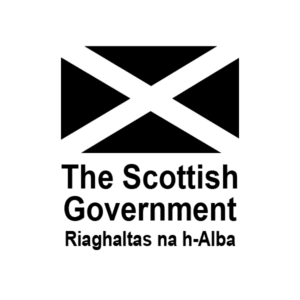





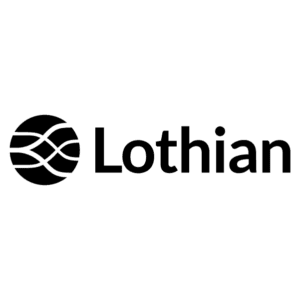





What is research strategy?
A research strategy is an overarching plan that details how you plan to achieve specific and measurable research objectives. It should detail what’s necessary to:
- Conduct valid research
- Repeat the study should it be required
As each project is different, the scope, structure, and content of each strategy is likely to be different. That said, a robust research strategy is likely to include some or all of the following information:
- Statement of intent
- Objectives and measurements of success
- High-level process or plan
- Roles and responsibilities
- Key questions or hypotheses to be tested
- Key methods
- Screening criteria
- Logistics
Given what you learn, should inform what you do next. Rather than being seen as a static document that gets implemented blindly. A research strategy should be seen as a live document that guides the prioritisation and execution of research over time.
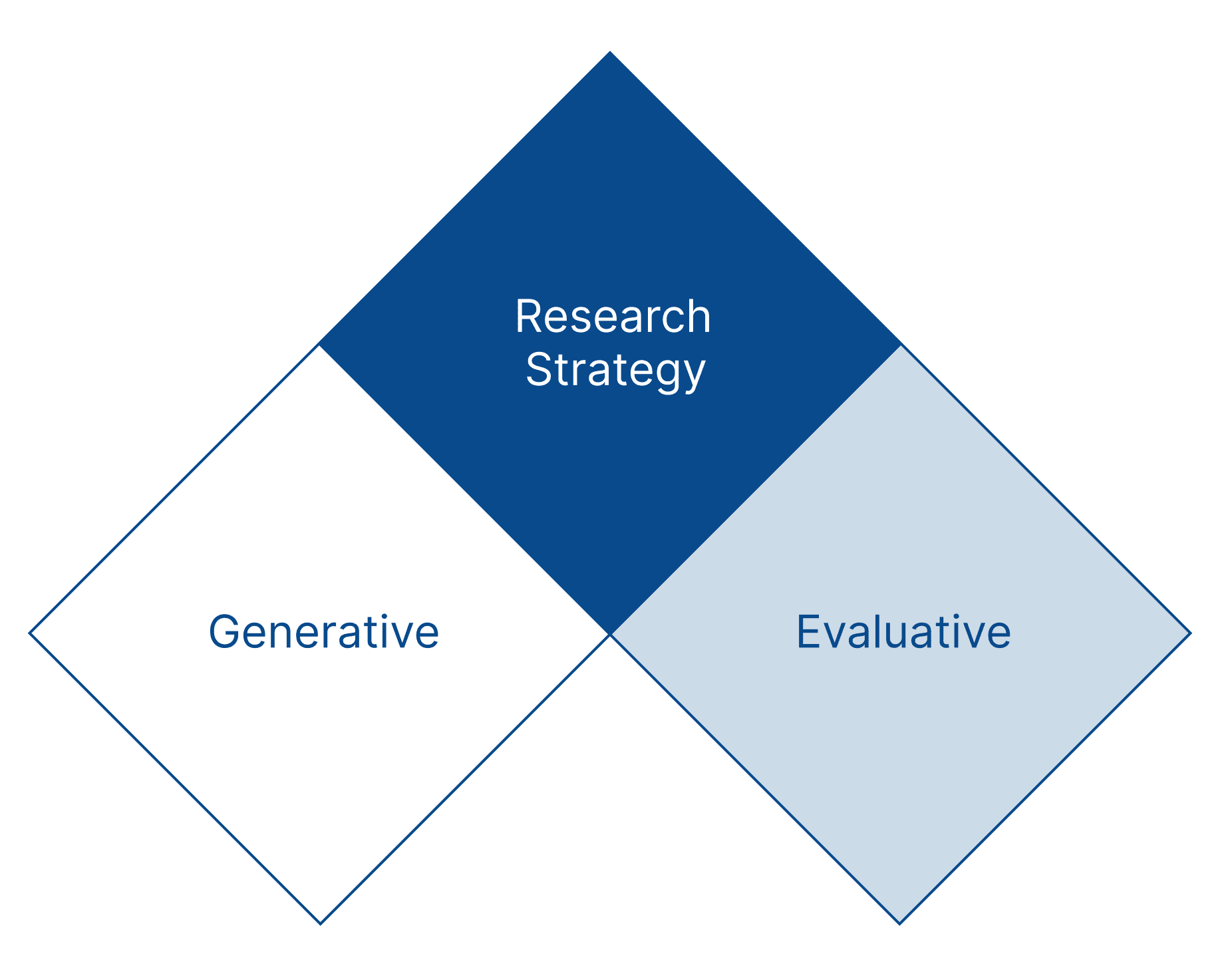
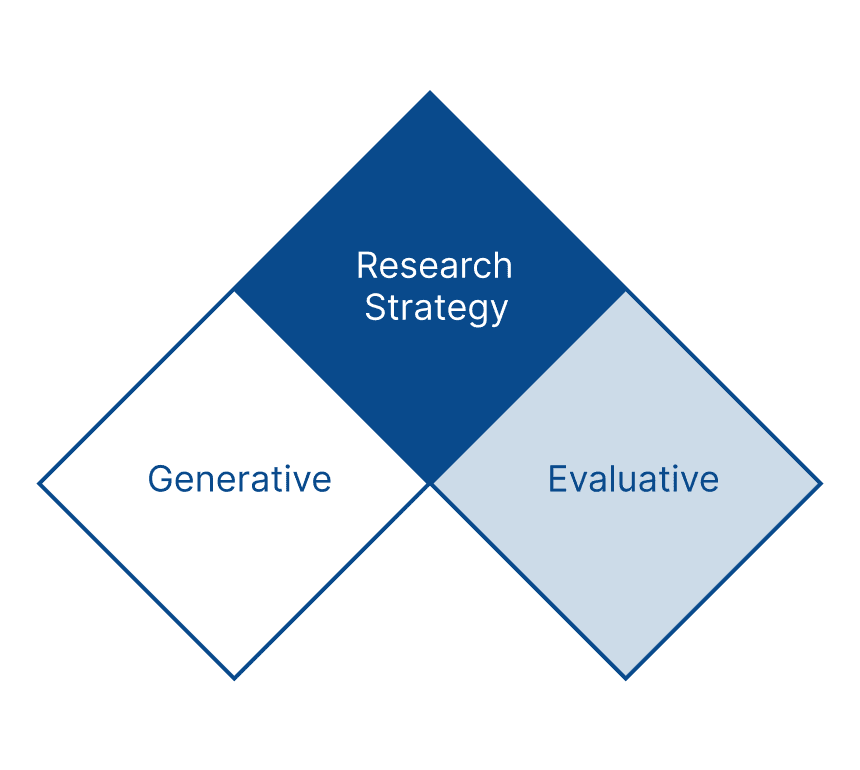
Key benefits of a research strategy
Define when and how research should be conducted.
Effectively integrate research into existing processes
Make research-led business and design decisions.
What do I get?
- Glossary of terms
- Research strategy document that will detail:
- Why you are conducting research
- Who will consume the outputs
- What you will be researching
- Who you will be conducting research with
- What methods you are likely to use
- How these will be applied
- When this will be conducted
- Methods breakdown
- Research strategy canvas (that summarises the above)
- Example project brief (that provides a reference point for future projects)
- In-house research templates and checklists, e.g. topic guides, recruitment forms, etc.
Fees
Fees for a research strategy start from £7,500 (exc. VAT).
Timeline
The average turn-around time for a research strategy is 4-weeks.
What our clients think
“Border Crossing UX’s support and insights were core to ensuring our digital touch points centred on our customer’s needs.”
“NHS 24 needed to complete a product deep dive which covered a number of areas. I cannot recommend them enough to anyone considering how to drive forward their digital ambitions and develop greater user insight across their digital estate and transformation strategies.”
“Border Crossing UX get right inside the mind-set of your clients and work with utter dedication to deliver the results your business needs.”
“Border Crossing UX provided the expertise and support the National Galleries of Scotland needed and have become a trusted supplier.”
“We believed your knowledge, experience and approach would help us achieve our aspirations, and you delivered!”
“Border Crossing UX helped us achieve and even surpass the expectations we had at the project’s outset.”
Want to work with us too?
Discuss your desired outcomes with a user experience specialist.
How do you approach a research strategy project?
Our user centred approach to defining research strategies ensures we:
1. Define objectives, priorities, and constraints
- Kick-off workshop
- Measurements of success framework
- Project plan and schedule

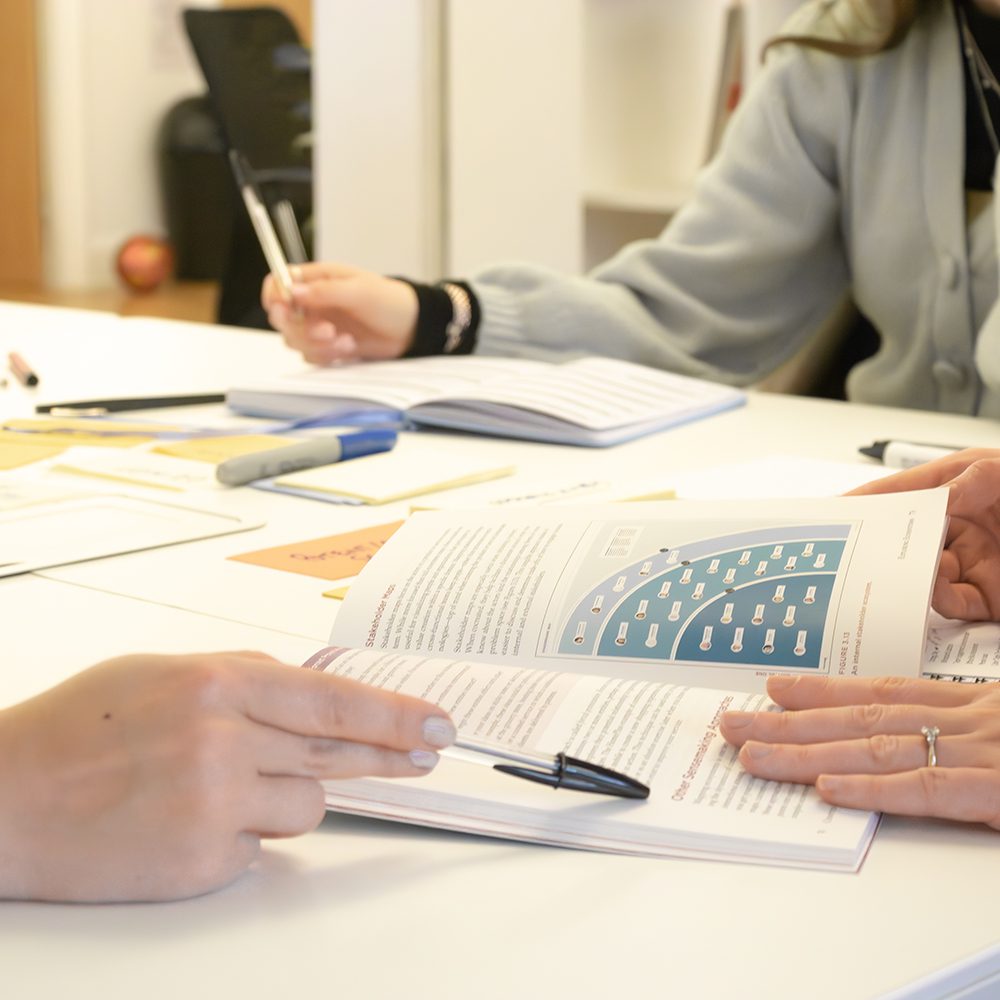
2. Understand context
- Stakeholder mapping
- Review source material
- Stakeholder interviews
3. Define key questions
- Quantitative data analysis
- Qualitative data analysis
- Insights analysis


4. Collaborate and generate
- Assumption mapping
- Hypotheses definition
- Research principles
5. Document, communicate, and support
- Develop research strategy documentation
- Face to face presentation(s)
- Ongoing support and iteration

Define a robust research strategy that showcases the value of continuous learning and iteration.
Need a research strategy?
Discuss your specific requirements with a user experience specialist.